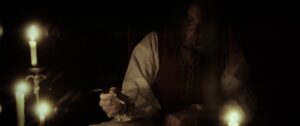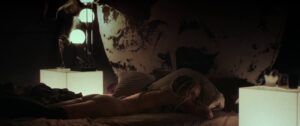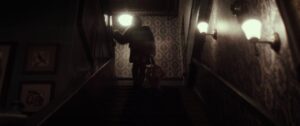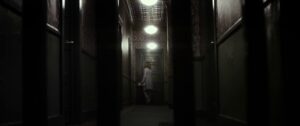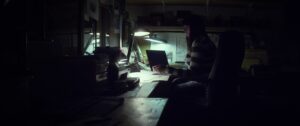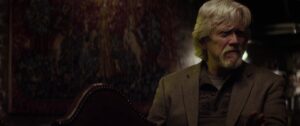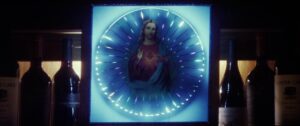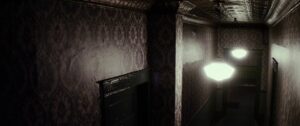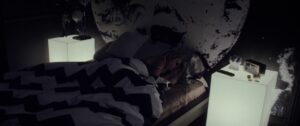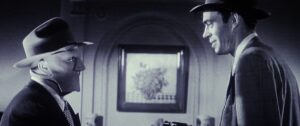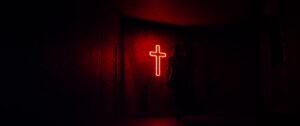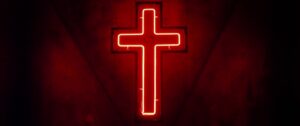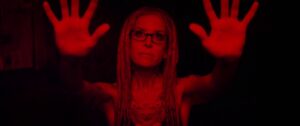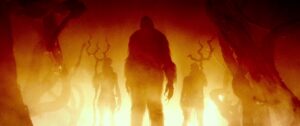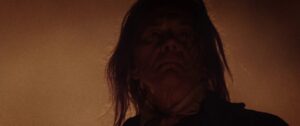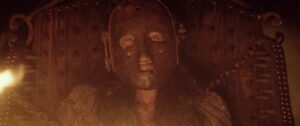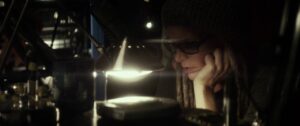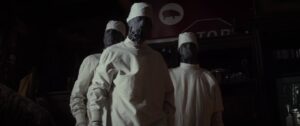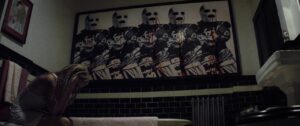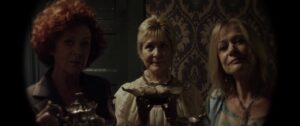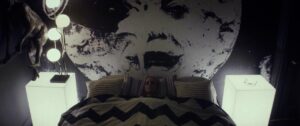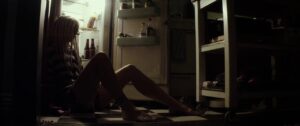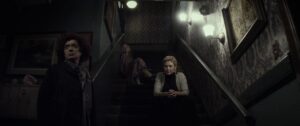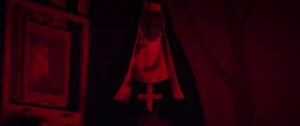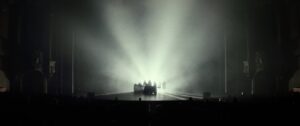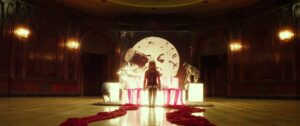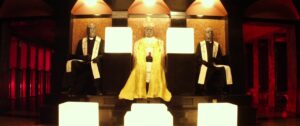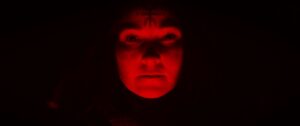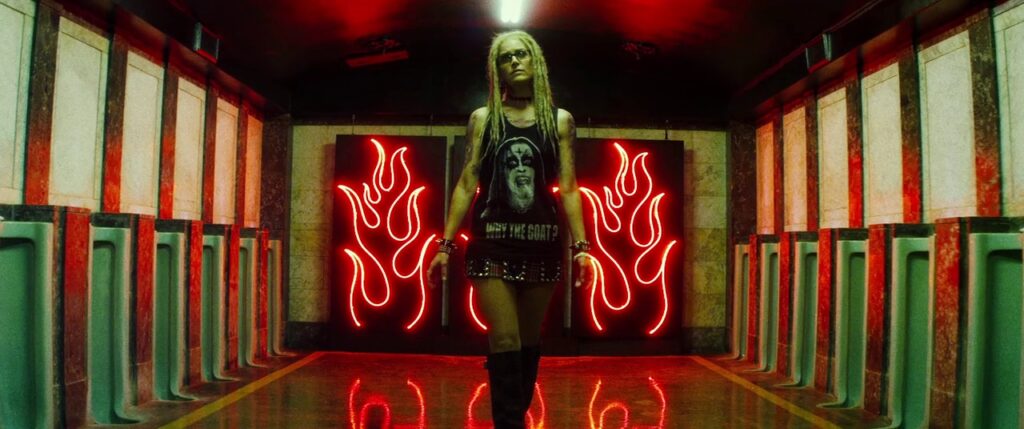
When Rob Zombie dropped The Lords of Salem back in 2012, a lot of people didn’t really get it. It got called “weird,” “slow,” even “boring.” Some saw it as just another satanic horror flick with loud noises and creepy old witches. But if you really sit with this movie… if you let it get under your skin… you’ll realize something bigger. This isn’t just about witches cursing a town. It’s about trauma. It’s about addiction. It’s about how the past, the hidden rot, can eat a person alive.
The Lords of Salem is psychological horror at its purest, and darkest form.
The Corrupted Mind of Heidi LaRoc
First off, let’s talk about Heidi. Played raw and real by Sheri Moon Zombie, Heidi isn’t your typical “final girl.” She’s already broken before the story even starts. She’s a recovering drug addict. She lives alone. She’s surrounded by noise (the radio station, her friends, the town itself), but inside, she’s isolated as hell. There’s a scene early on where she walks her dog through Salem’s empty streets, and it’s like… you can almost feel the loneliness pressing down on her. She’s invisible. Or she’s trying to be. Psychologically speaking, Heidi represents a classic case of unresolved trauma. Addiction doesn’t just show up one day. It’s almost always a symptom of deeper pain. And when the witches’ curse comes for her, it doesn’t feel like some random attack. It feels like the inevitable consequence of everything she’s been trying to outrun. The past; Salem’s past and Heidi’s own, was always going to catch up.
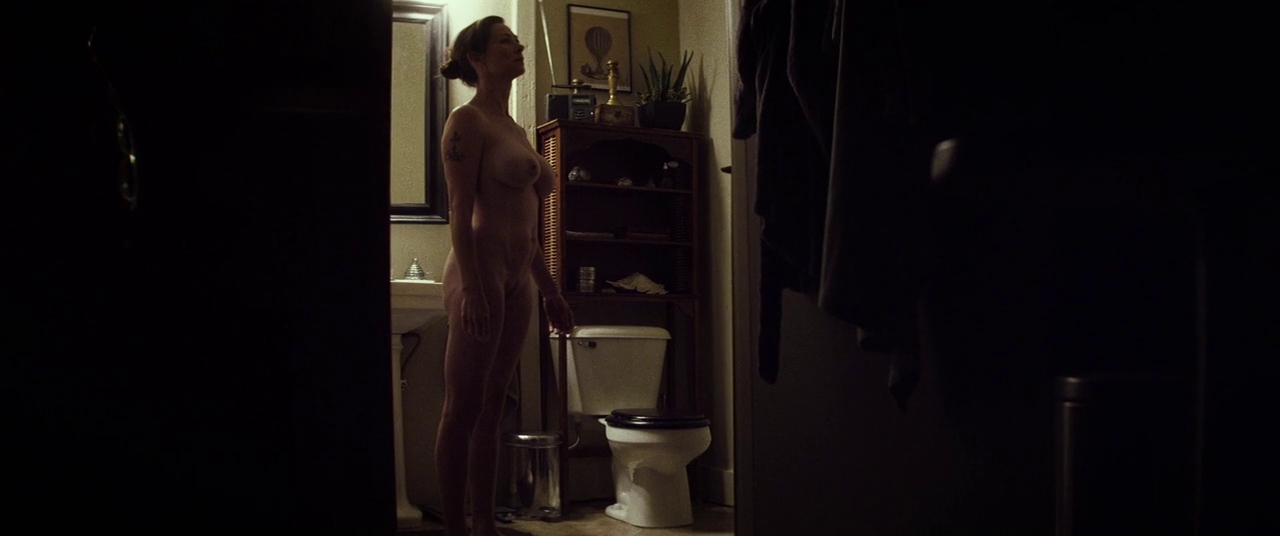
The Witch’s Curse. Generational Trauma.
Here’s where it gets even more layered. The curse in The Lords of Salem isn’t just “Oh no, spooky witches!” It’s a metaphor for generational trauma. The witches cursed the bloodlines of the Salem leaders who killed them. And Heidi is descended from one of those men. She’s carrying the weight of sins she didn’t even commit. Think about that for a second. This idea that no matter how much you change, heal, move on… something old, something rotten in your blood, in your family history, can still drag you down. Carl Jung called it “the shadow”, all the darkness humanity wants to forget but can’t. In Lords of Salem, the shadow isn’t just personal. It’s historical. Communal. It’s stitched into the DNA of the town. And Heidi becomes its sacrifice.
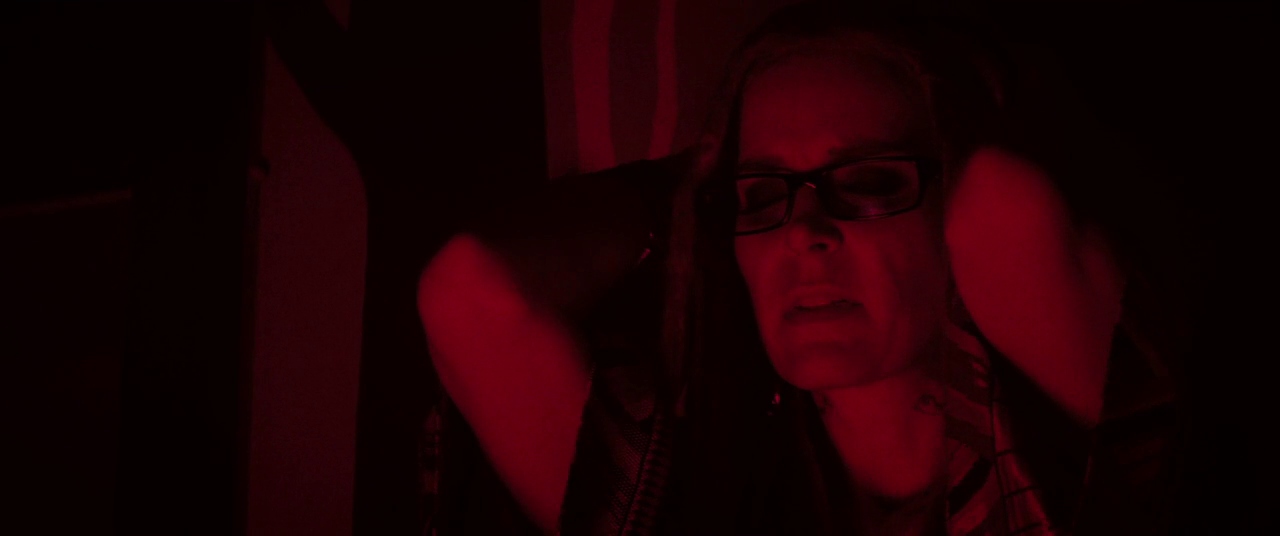
Addiction As Possession
One of the most chilling psychological tricks Zombie pulls here is how he frames Heidi’s relapse into drug use. When she starts using again, it’s not loud. It’s not dramatic. It’s…quiet. She’s almost passive, like she’s slipping underwater. And that’s exactly how addiction really feels. Not fireworks. Not chaos. Just numbness. Just surrender. The witches don’t really need to “possess” Heidi with any big spell. They just steer her back toward the parts of herself she’s already at war with. Relapsing, in the movie, becomes symbolic of total spiritual collapse. And it’s horrifying because it’s real. You can fight external monsters. But how do you fight the parts of yourself that want to give up?
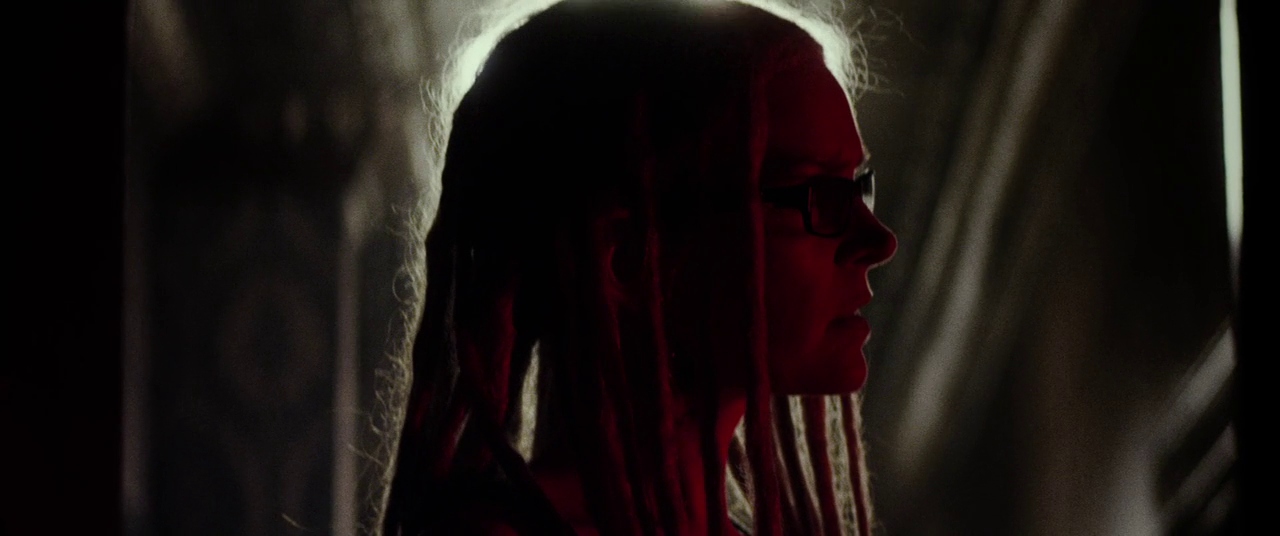
The Horror of Losing Yourself
Some horror movies are about survival. The Lords of Salem is about disintegration. Heidi doesn’t survive. She doesn’t even really fight back. Instead, we watch her sense of self crumble piece by piece. One of the most haunting images in the film is the radio station, a place that used to represent Heidi’s voice, her identity, becoming another stage for her humiliation and destruction. By the end, there’s nothing left of Heidi except the vessel the witches need. That’s the ultimate psychological horror, isn’t it?
Not death.
But erasure.
Why It Feels So “Wrong.” On Purpose…
A lot of people complain that The Lords of Salem is slow, or that it doesn’t “pay off” in the traditional horror movie way. But that’s part of the psychological manipulation. Rob Zombie wants you to feel unsettled. He wants you to sit in the discomfort, to feel the slow drip of dread. The long, weird dream sequences. The grotesque imagery that doesn’t always make logical sense. It mirrors what it’s like to lose your mind. Nothing fits together anymore. Everything feels too bright, too loud, or too empty. You aren’t just watching Heidi spiral. Zombie makes you spiral too.
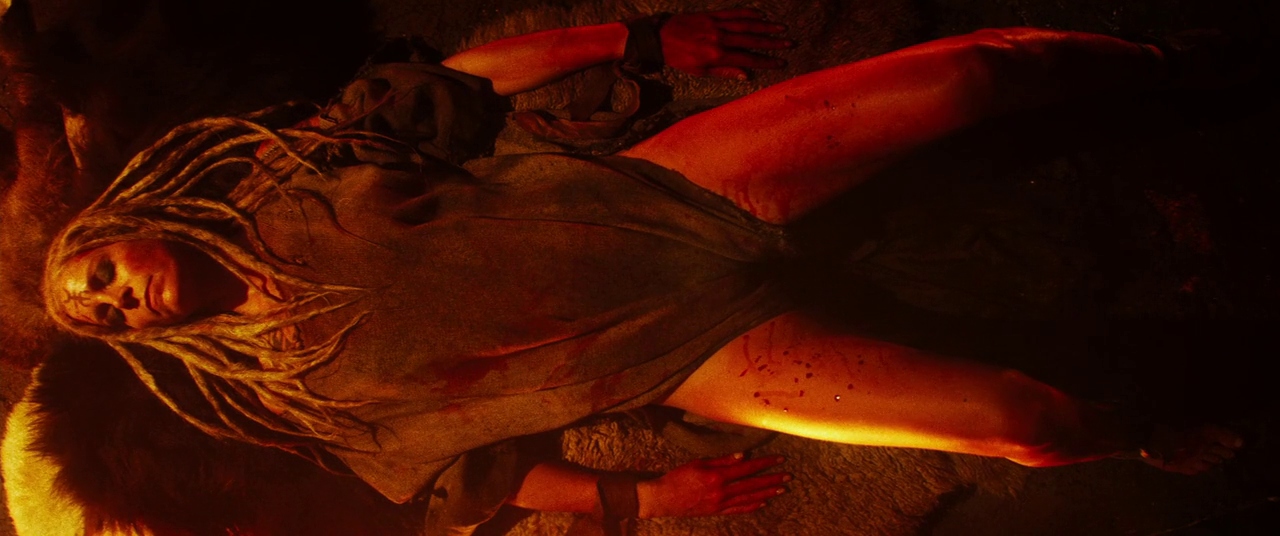
The Lords of Salem Is About The Death You Don’t See Coming
If you’re going into The Lords of Salem looking for jump scares and final girl victories, you’re gonna be disappointed. This movie isn’t about a fight between good and evil. It’s about inevitability. It’s about how sometimes, when you’re broken enough, the past isn’t something you can escape. It owns you.
Heidi’s fall isn’t dramatic.
It’s quiet.
It’s sad.
It’s real.
And that’s what makes The Lords of Salem one of the most psychologically brutal horror movies of the 2010s, even if not everyone caught it at the time.

